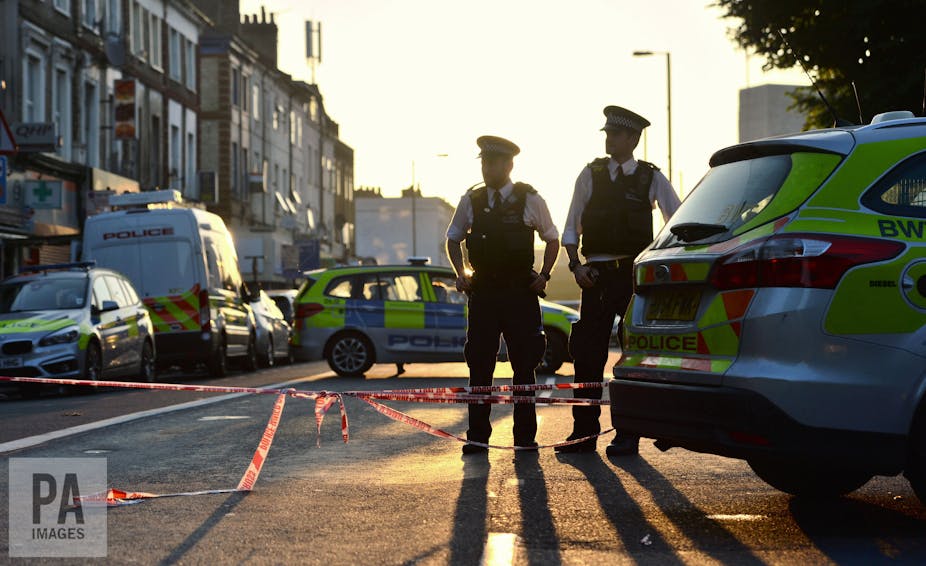The shadow of Abu Hamza and Al Qaeda lies long and heavy across Finsbury Park Mosque in north London. The mosque has long been cast in the public imagination by the terrorist activities that were so brazenly carried out there until Hamza and his followers were finally ejected after police raids in 2003.
Along with a former MI5 agent, Reda Hassaine, who was undercover in the mosque during the late 1990s, I wrote the book about how Hamza captured the mosque by force from what was, at the time, a rather naive mosque committee. The committee thought he would be an honest broker in a dispute between two factions – but he turned out to be a thorough menace. His charm fooled them. Not only did he indoctrinate young men in the ways of jihad, sending them variously to Yemen, Pakistan and Afghanistan, he trained them how to raise money through credit card fraud and other scams, like selling stolen property which police found during their raids.
A new committee has worked hard since 2004 to reform the practices at the mosque – and they have done an excellent job. But it has proved impossible to remove the reputational stain that was created by several years of Finsbury Park being a meeting place for Abu Qatada, Omar Bakri Mohammed and the followers of the now banned Al-Muhajiroun and even Anjem Choudary – imprisoned last year on terror related charges for supporting Islamic State.
I recall on the anniversary of 9/11 on September 11 2002, when radical islamists descended on the mosque in their hundreds to “celebrate” the twin towers tragedy. They praised the killers as martyrs and did it in the full glare of the media. I broadcast live from the spot in an atmosphere of seething radical rage. I will never forget it.
In the same way that Finsbury Park Mosque acted as a magnet for radicals, so it seems it is now a magnet for those with equally abhorrent views, who see this historic stain cast over this small corner of Islington borough as some kind of representative symbol of British Islam.

Ironically, the new committee at Finsbury Park is a symbol of modernity, openness and tolerance. It holds an open house every year and welcomes non-Muslims to share in the mosque’s faith in a multi-faith context. The committee is not naive – it knows that the fact that the mosque was used as a kind of Al Qaeda hostel and a proofing ground for terrorists was going to be a hard myth to dispel. When I say to people that I worked undercover in Finsbury Park Mosque when Hamza was in charge their eyes widen and faces fix with incredulity. Finsbury Park Mosque has become totemic in the politics of terror.
But in a sense this is always the problem with totems, they last long in the memory because they are meaningful in popular culture. We reach for them when we try to explain conflict, trauma and bad news. A number of the 9/11 conspirators had been through Finsbury Park Mosque, as had the London bombers of July 7 and 21 2005.
The difference now is that the intolerance that emanated from that holy place back then has moved on. Of course others have today demonstrated with a hate filled agenda that they aren’t interested in the innocence of Finsbury Park’s current worshippers – they are attacking the symbol of British Islamic radicalism which no longer resides in this part of north London.
Hamza is of course now locked up thousands of miles away in a supermax prison in Colorado, having been sentenced in 2015 to life without parole. He is undoubtedly paying for his crimes, as evidenced in a New York court during his lengthy trial in 2014. But the radical menace he unleashed now claims fresh innocent victims, only today it is sadly those Muslims who have shown that Islam can be tolerant, open and inclusive.
It is these extremes from all sides that we must challenge. They are the threats to democracy and the values of civil society that we need to protect.

